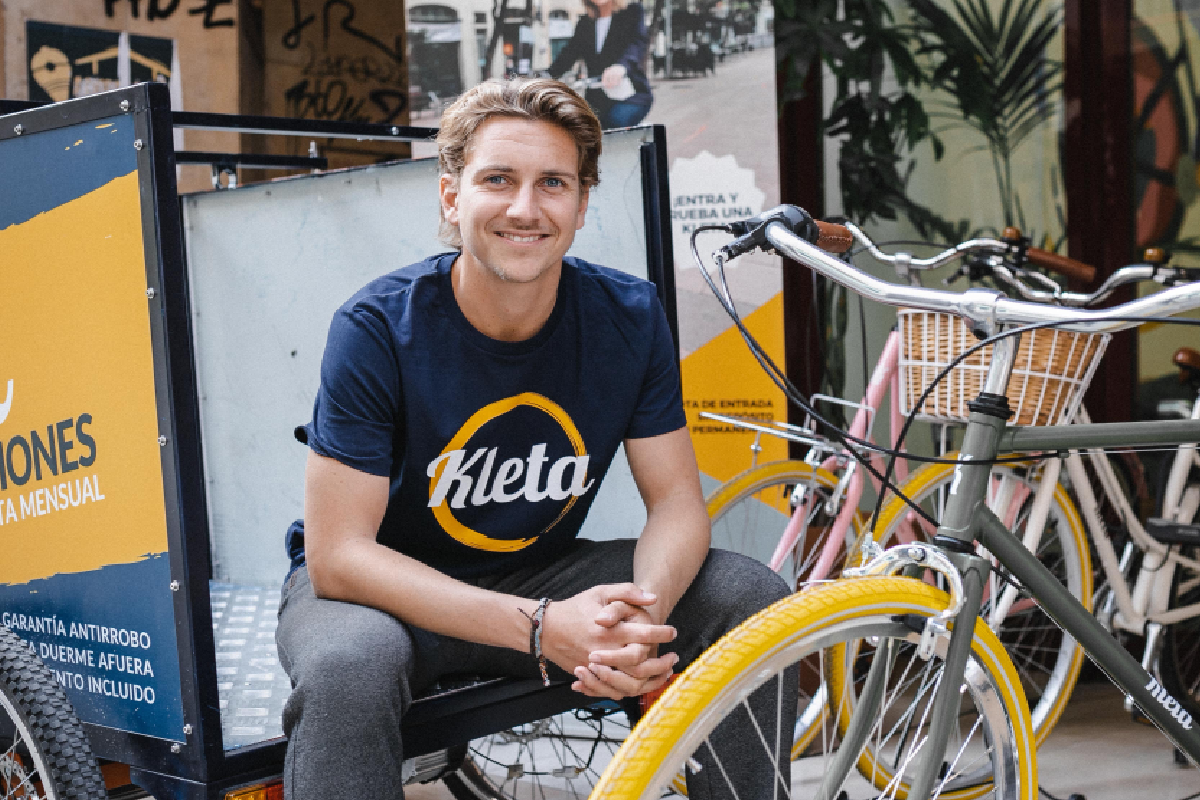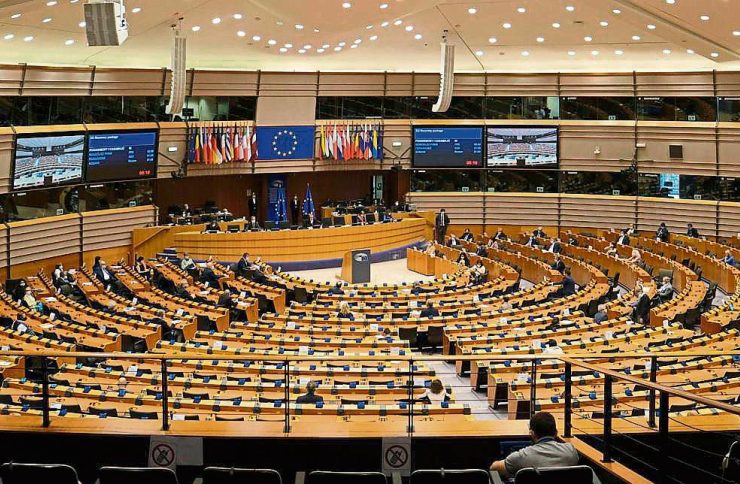“Barcelona should lead on sustainable mobility” by Falk Siegel

29 year old German citizen Falk Siegel came to Barcelona 3 years ago after spending the previous six years in a variety of different cities, including Newark, Valencia, Bogota, Barranquilla, and London. He is co-founder and CEO of Kleta, whose aim is to encourage bicycle use in cities like Barcelona. Kleta, which offers a bike and electric bike leasing service, has 25 employees and currently operates in four Spanish cities.
Why did you choose Barcelona?
After living in various parts of the world, my fiancée and I were looking for a place we could call ‘home’. Having lived in Latin America and Northern Europe, we knew we wanted to live in a place which had the best of both worlds and also had a beach. When my fiancée was offered a job in Barcelona, we didn’t think twice!
What are the city’s strengths in your opinion?
Barcelona is a city with a strong identity, with its own language and customs, but it is also very cosmopolitan. With the beach 15 minutes away from the center and the mountains right on the doorstep, Barcelona (and its surroundings) offers excellent quality of life. Barcelona is also a city that is constantly changing, so you never get bored!
What needs to be improved in your opinion? And how?
Although phenomenal work has been done in recent years to encourage sustainable mobility, there is still much to be done to make getting around Barcelona friendlier, safer, and more relaxed. I see the need for a radical change to reduce the large number of cars in the city center. Increasing the number of bicycles would certainly improve all our lives: safer traffic, and less environmental and noise pollution.
What do you think will help Barcelona to overcome the health crisis?
The creativity and innovation that are in the city’s DNA will certainly play their part. In times of crisis, it is crucial to promote creativity and innovation. Fortunately, these can be found in abundance In Barcelona: in culture, the economy, and in its gastronomy. Barcelona is very rich in all these aspects, so things can only get better.
What challenges will the city face once the health crisis has died down?
There are many challenges, but the city is aware of what needs to be improved and is working on it. Improvements in mobility need to be made in order to provide a more pleasant city environment. And there is a need to reactivate the art and culture that enable the city to prosper, in all senses of the word. I think we should thank the health personnel who played a key role in looking after Barcelona’s inhabitants during the pandemic and who continue to play such an important part in our lives. It is important for all of us to show our gratitude for their work.
What do you expect of Barcelona in the coming years?
I’d like it to be a leader in sustainable mobility; I am sure that in 10 years there will be many more bikes of all kinds on Barcelona’s streets.
Which city do you feel most at home in?
Barcelona! It is the first place I can call home after almost 10 years outside of Germany. It’s not easy to have family, friends, one’s favorite sport, and a job one loves all in in the same city; I am very lucky to have found them all in Barcelona.
What do you miss most?
What do I miss? Obviously part of my family is still in Germany, so I miss them. But I also miss small things from the places where I have lived. I could mention many, but if I had to highlight a couple, they would be London’s wide range of cultural offerings, and dancing classic salsa, a passion of mine, in Colombia.
If you want to know the latest English news about Barcelona and the people who bring it to life, sign up to our Blog.








